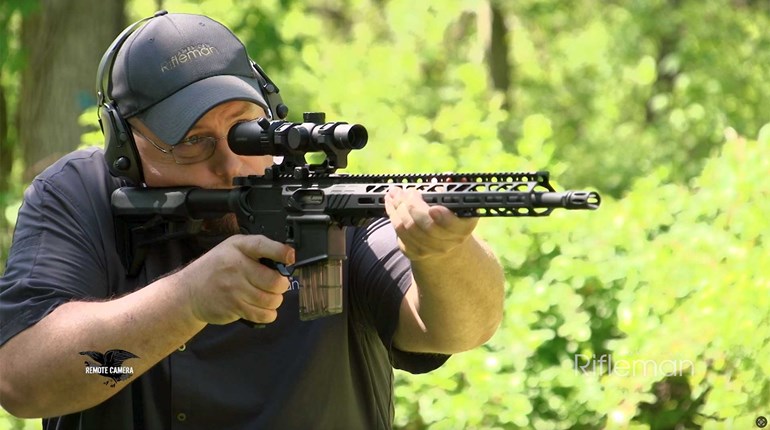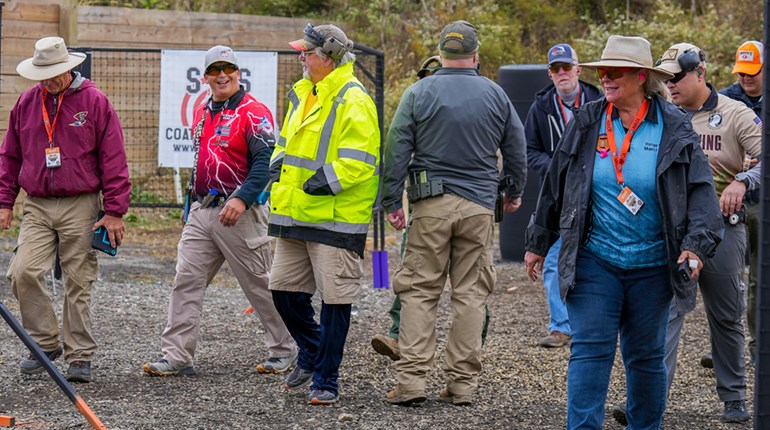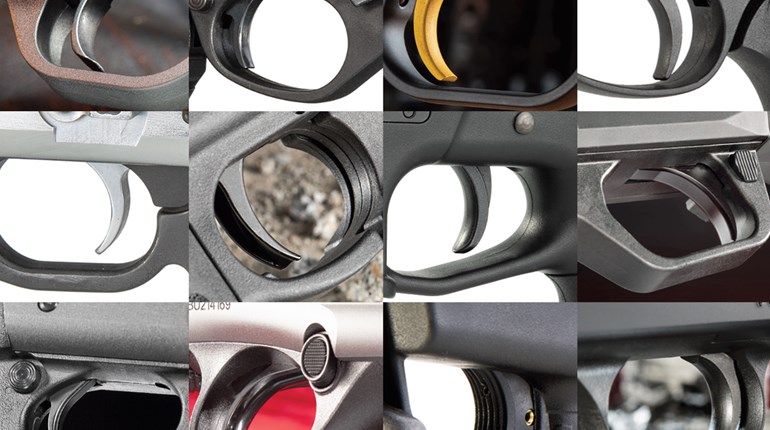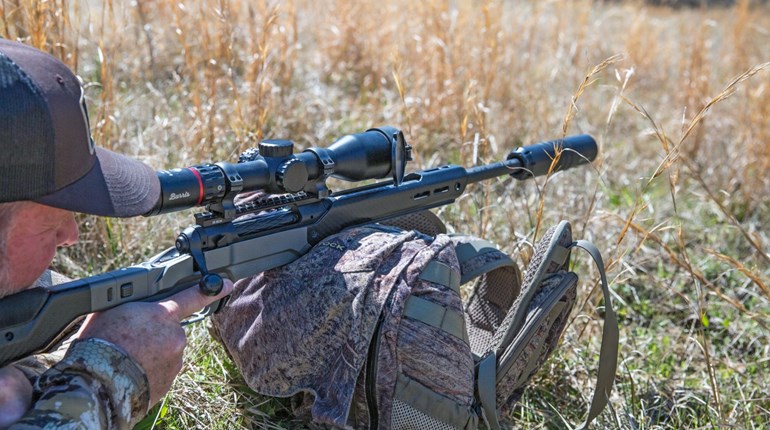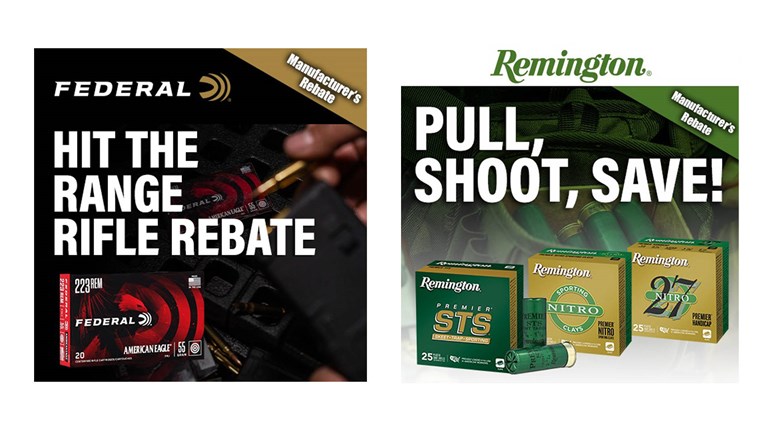
It’s one thing if a hunter’s only option for success is to take a shot that pushes the capabilities of his skill and equipment—it tends to happen when the terrain or the animal simply won’t allow the hunter to get closer. At these moments, an astute hunter will have the shooting skills, ballistical know-how and the rifle to execute a long shot. For most hunters, a long shot is between 300 and 500 yards, where bullet drop and wind must be calculated. It’s another thing to purposely take a long shot just for the sake of doing so. After about 600 yards—depending on the shooter and the conditions—there are too many uncontrolled variables for most hunters to guarantee a vital-zone hit every time.
Here are seven reasons why I’m opposed to long-range hunting.
1. Animals are animals, not expendable targets. Wounding an animal is unethical and a waste of a valuable resource. If long-range shooting is your game, why not shoot steel targets that give off a gong when you hit any part of them, and not game animals that run off and die a lingering death if you fail to hit them in the vitals?
2. Let's face it, hunters don’t have the luxury of the perfect benchrest, and having an absolutely stable rest is critical for long-range accuracy. Animals are unpredictable and they often disappear before a perfect rest can be found or made. At long-range, even the contact points of the rifle upon the rest can affect point-of-impact (POA). If the rifle wobbles just a hair, forget about hitting a heart at 800 yards, therefore, single-point rests such as shooting sticks won’t cut it.
3. Shooting game raises adrenaline levels and the heart rate of most hunters—it’s part of the fun. But when heart rate is elevated, the body changes. The pupils dilate, worsening long-range vision. The hands get clammy—minutiae movements like that of a trigger pull are tougher to control. Mainly, a heightened pulse can affect muzzle shake. If you fail to account for these variables when shooting at game, vitals will likely be missed. Target shooters often speak of long-range accuracy in terms of sheer mathematics and environmental conditions, and fail to account for this absolutely critical variable: the human condition.
4. In hunting conditions where natural terrain features such as hills, canyons, trees and mountains are present, the wind at the rifle is often different than halfway to the target, which is often different from the wind at the target. If the shooter fails to recognize and account for any of these winds, he will miss vitals.
5. What separates true snipers from long-range enthusiasts is that the former can read the wind, make the corrections and hit their target on the first shot, or from a cold bore. Recreational riflemen, however, often “walk-in” rounds to their long-range target on a range. Average riflemen can do this, because the shot’s specific conditions and its effect on the bullet are learned by trial and error, and not read beforehand. It takes snipers years of experience to read the wind accurately, so don’t think you’re ready for taking a crazy-long shot at an animal just because you began hitting the gong at 1,000 yards one day at the range after multiple shots. What’s more, group size means little for hunters. What means everything, however, is your rifle’s cold-bore Inside 400 to 500 yards, it’s not a huge deal. If you don’t know your cold-bore zero for ranges beyond that, you’re just slinging lead.
6. Hunting isn’t war. In battle, a miscalculation or shooting error often leads to a wounded enemy. In war, wounded enemies are good. But game animals aren’t our enemies. Also, consider that a 165-grain bullet from a .308 Win., for example, drops below 1,000 ft.-lbs. energy—often considered the minimum energy threshold for killing big game cleanly—at around 550 yards. At 800 yards, it’s closer to 600 ft.-lbs. A wounded animal can’t be tagged (so no money goes to conservation), it can’t provide meat and it can’t reproduce. It just suffers and dies. It’s horrible all around.
7. If you wound an animal at ultra-long-range, it’s often difficult to even locate the spot where the animal was standing when hit to begin tracking. At long-range, many times hunters think they missed the animal when in fact they hit it. This is because they were too far away to see or hear its reaction. So, considering the notable effort required in going to look for evidence of a hit, they write it off as a miss. This should turn any hunter’s stomach.
For most hunters under typical field conditions, taking a shot greater than about 600 yards in less-than-perfect conditions amounts to a long-range guess. I’m not the hunting police—how you choose to hunt is your business, not mine. But it’s my opinion that responsible hunters should absolutely “know,” not just “think,” they can kill the animal on the first shot. If not, they should get closer. Besides, it’s the getting closer part that’s the challenge.












